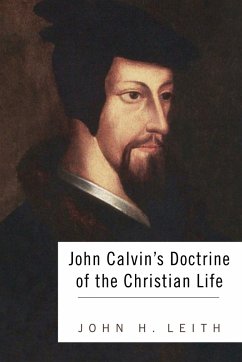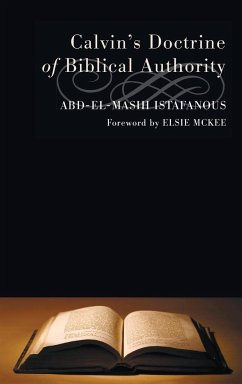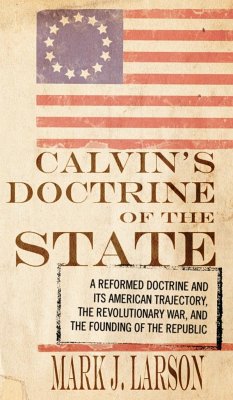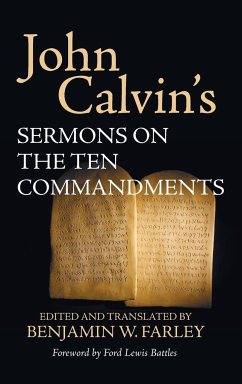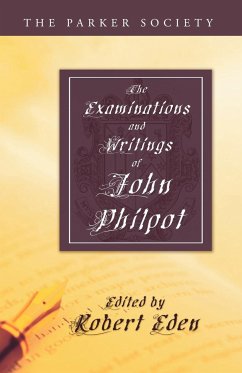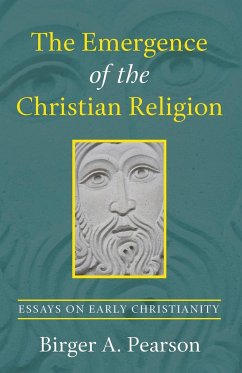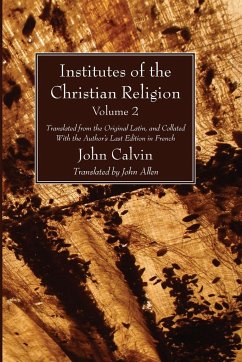In this thorough investigation of Calvinist doctrine, John Leith defines the Reformer's teaching on Christian life in the context of his theology. He begins with a discussion of what it means to say that the purpose of Christian life is the glory of God. He then discusses Christian life in relation to four aspects of Calvinist thought: justification by faith alone; providence and predestination; history and the transhistorical; church and society. Leith's concluding statement summarizes the importance of this book. ""Calvin's doctrine of the Christian life represents a magnificent effort to give expression to what it means to have to do with the living God every moment of one's life. No interpretation of the sola gloria Dei [""only God's glory""] has been more vivid and dynamic than Calvin's. For this reason he speaks to the needs of this generation, which, at least until recently, has been more frequently concerned about the glory of humankind than that of God and which has fallen victim to many false gods and vicious ideologies. Yet if Calvinism is to render its full service to our day, it must be interpreted in the context of the shared faith of the total Christian community. On the basis of Calvin's own principles, no human statement of Christian faith can ever be final and must be continually reformed by the Christian community's apprehension of the word of God as revealed in Jesus Christ."" ""In this extensive study of Calvin's theology and ethic in their inseparable relationship, John H. Leith demonstrates the continuing relevance of Calvin's thought for the faith and life of the church in our time. He proves himself a good Calvinist by evaluating Calvin's thought in light of the Reformer's insistence that the work of all theologians, including Calvin himself, is to be criticized and corrected by the self-revelation of God in Jesus Christ as scripture bears witness to him. Leith's book thus expresses deep appreciation of Calvin and at the same time calls us to fulfill Calvin's intentions more consistently than Calvin himself was able to do."" -- Shirley C. Guthrie, Jr. John H. Leith (1919-2002) also authored Introduction to the Reformed Tradition and edited Creeds of the Churches. He was Pemberton Professor of Theology at Union Theological Seminary in Virginia, an alumnus of Columbia Theological Seminary, Vanderbilt University, and received a PhD from Yale University. He served on numerous committees of the General Assembly of the Presbyterian Church in the United States.

